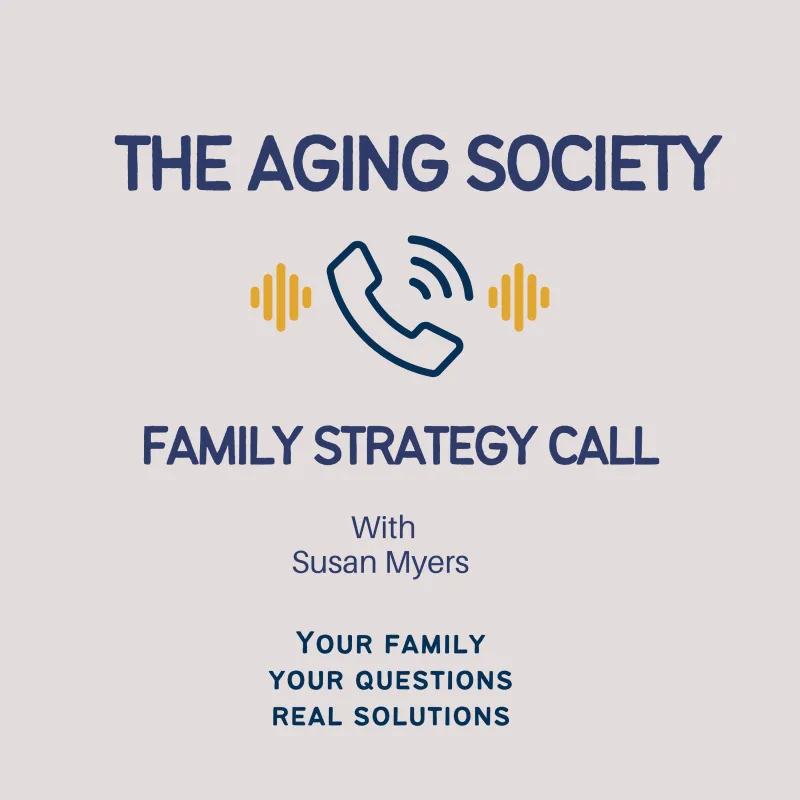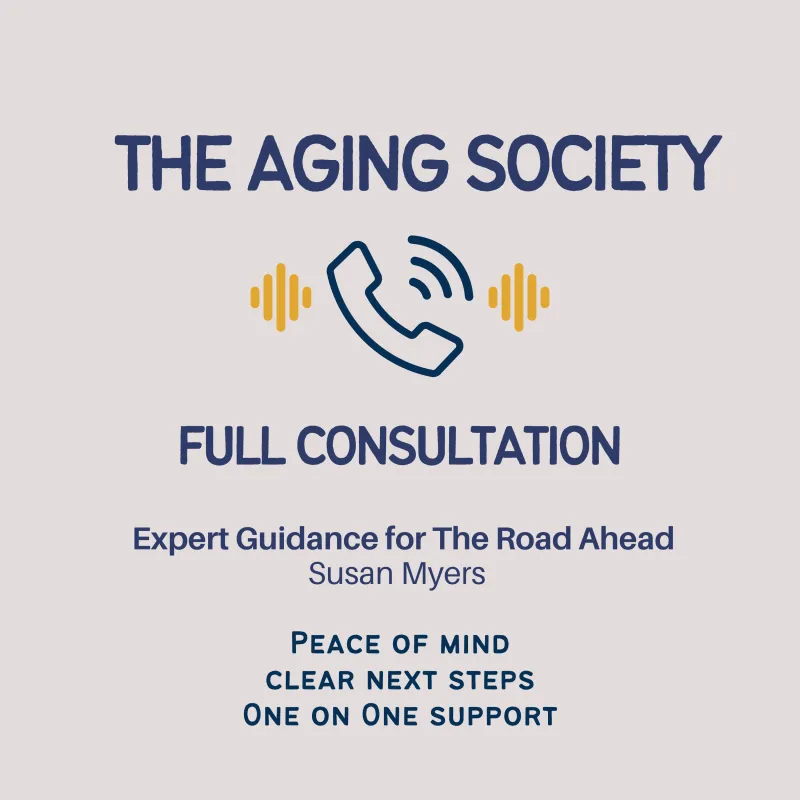The Aging Society Resource Center
Practical tools and trusted recommendations to help you care for your aging parent, without the overwhelm.
Everything Inside Here Has Been Thoughtfully Curated To Support You.
Every guide, tool, and recommendation you’ll find here is something I’ve either created myself or personally stand behind based on over 15 years of walking alongside families making some of the hardest decisions of their lives.
You don’t have to figure it all out at once. Whether you're responding to a crisis or preparing ahead, you’ll find simple tools, compassionate support, and real solutions here.
Start with a guide to get clarity. Explore caregiving tools that make daily life easier. Or, if you’re feeling overwhelmed, book a one-on-one consultation and we’ll walk through it together.
This is more than a store. It’s a support system, built for you, and the people you love.
Start Strong:
Free Tools to Help You Begin
Feeling stuck, scared, or unsure where to begin? You’re not alone.
These free tools were created to give you a starting point, whether you’re facing tough decisions, navigating emotional conversations, or trying to understand what care your parent might need.
Start with the one that fits where you are today. Every small step forward matters.

Get 31 days of bite-sized caregiver tips delivered to your inbox. Each email shares one real solution that has helped other caregivers just like you, because sometimes, one thing really can make the difference.

Don't make a decision you'll regret later. This free guide reveals the most common mistakes families make when choosing senior care, and how to avoid them with clarity, confidence, and calm.
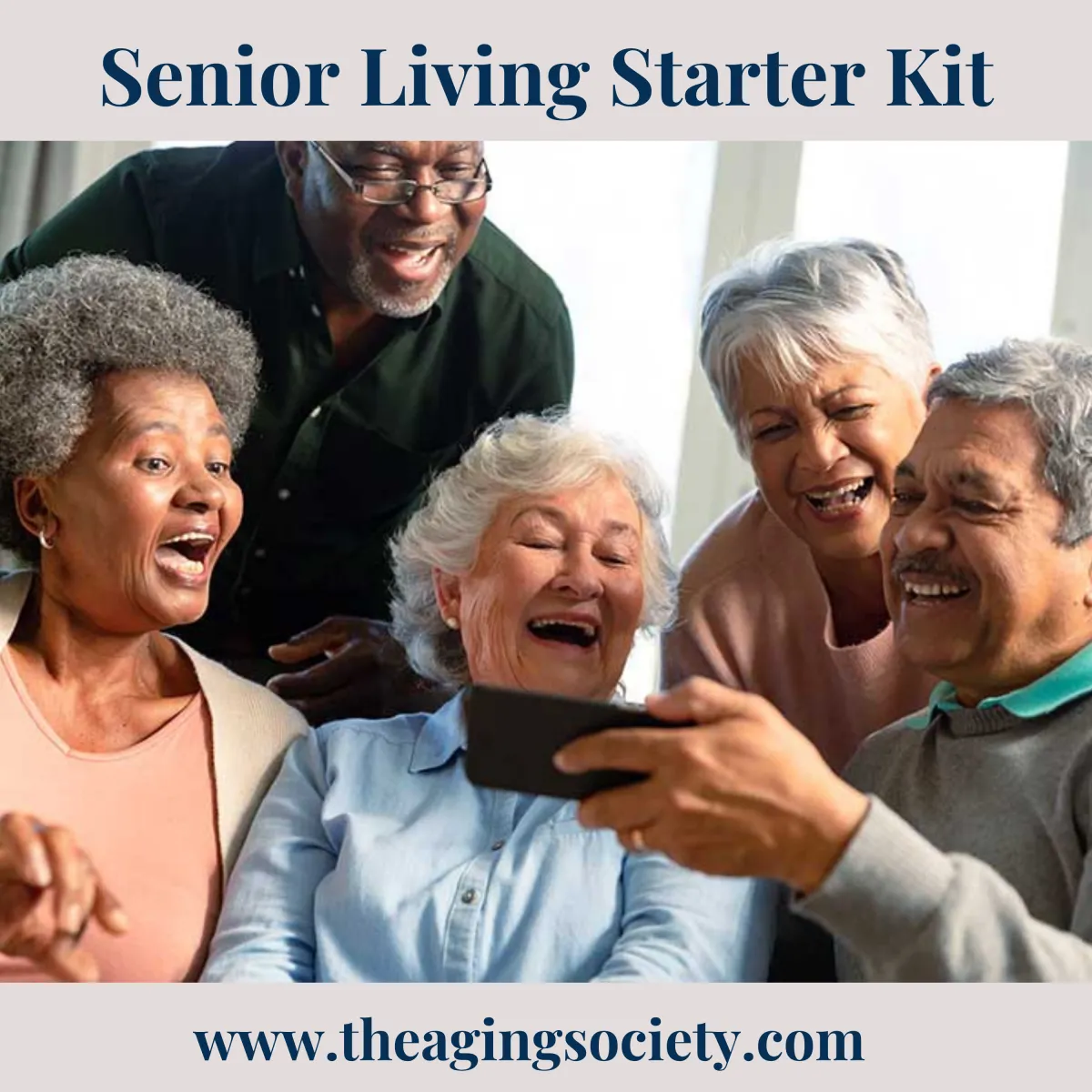
This free starter kit gives you the essential checklists, tools, and questions to help you get clear on what your aging parent needs, and what steps to take next.

Touring senior living communities? This free checklist helps you ask the right questions and notice what really matters, so your decision feels thoughtful, not rushed.

This free checklist helps you get clear on what your aging parent truly needs before you tour communities. It’s a quick, way to sort through emotions, and care requirements, for next steps.
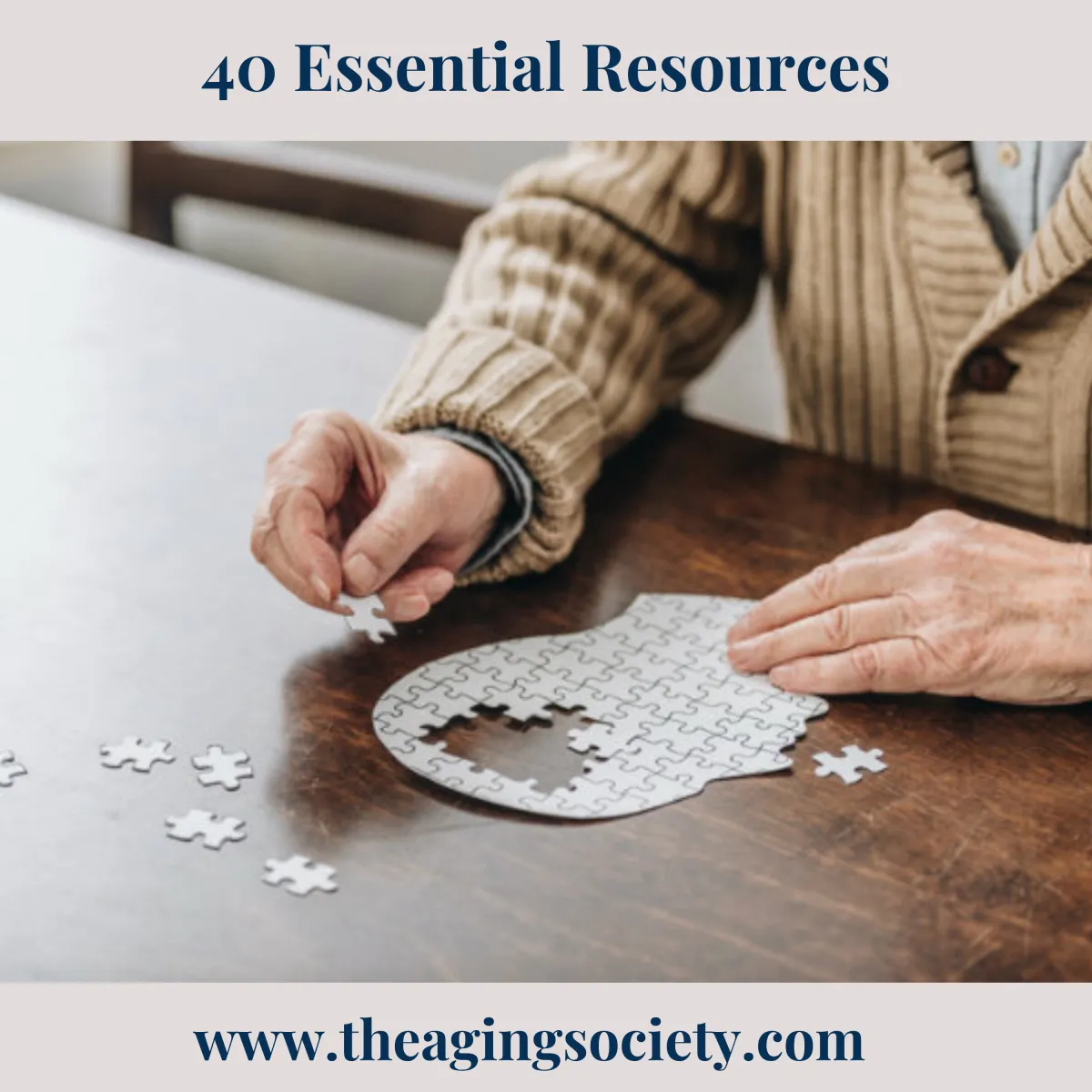
Caring for an aging parent, can feel like you’re trying to solve a puzzle without all the pieces. This resource gives you 40 selected links to trusted services, tools, and support systems.
When Free Isn’t Enough, Clarity Is the Next Step
If you're still carrying all the questions and second-guessing yourself, you're not alone.
These $9 Clarity Reports help you stop spinning, and start moving forward with confidence.
Your First Steps Forward
Our Clarity Assessments help you cut through the noise. For just $9, you’ll get a personalized insight report that highlights your key emotional patterns, hidden pressure points, and what’s making decision-making harder than it needs to be.
Each assessment result is personally reviewed and interpreted, so you’re not just getting auto-generated feedback. You’re getting clear, thoughtful guidance sent within 24 hours that helps you move forward with more confidence and less second-guessing.
You’re not just getting a generic answer, you’re getting the right one.

Not sure what care your parent needs? This $9 PERSONALIZED guided assessment gives you a clear path result for: Home Care, Independent Living, Assisted Living, or Memory Care, plus a clear next-steps.
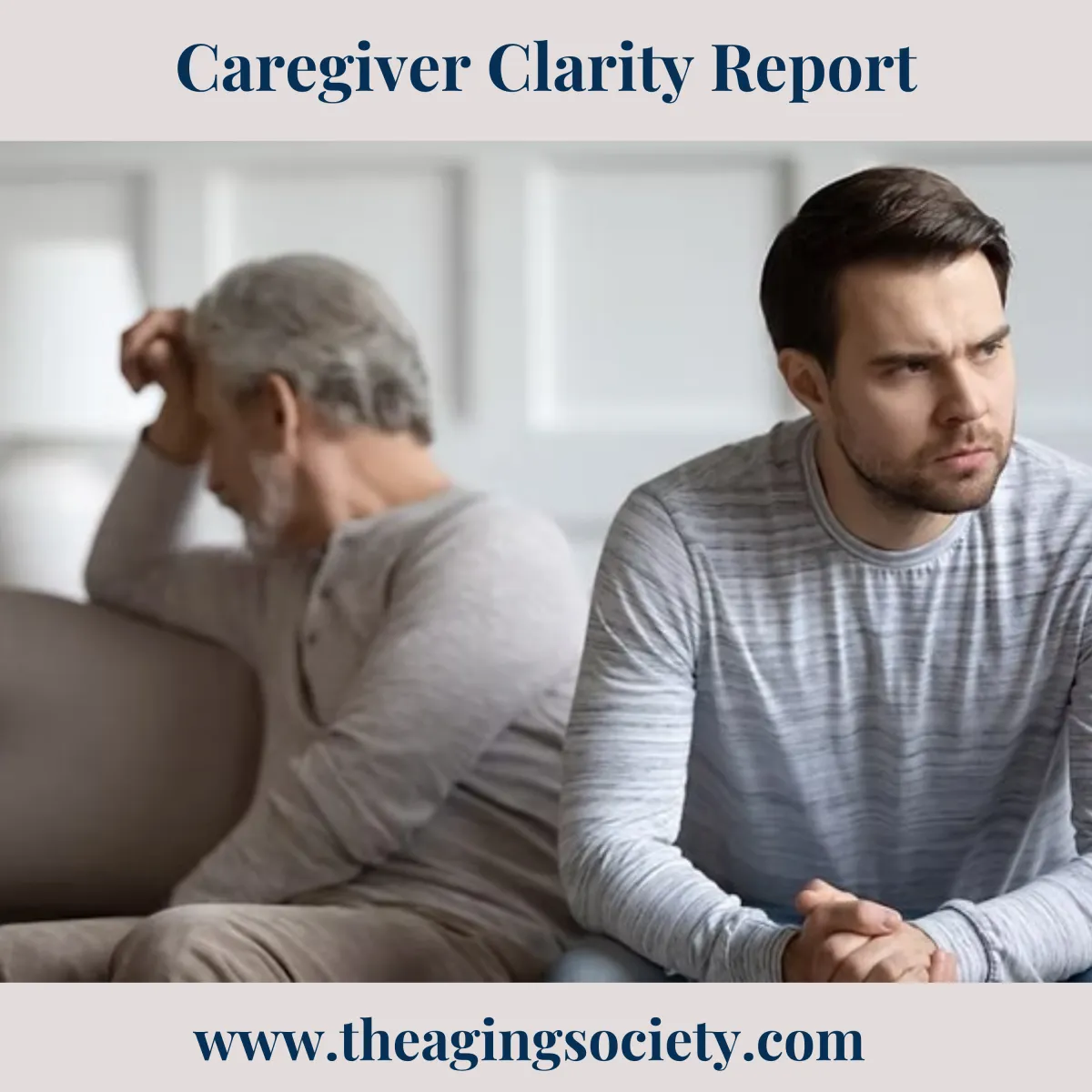
This PERSONALIZED $9 Caregiver Clarity Report gives you personalized next steps you can actually use. You'll get supportive language, smart suggestions, and a thoughtful report within 24 hours.

Whether you're talking to a parent, sibling, or provider, and you're not sure what to say, or how to say it, this PERSONALIZED $9 guide gives you the words, structure, and support to start the right conversations.
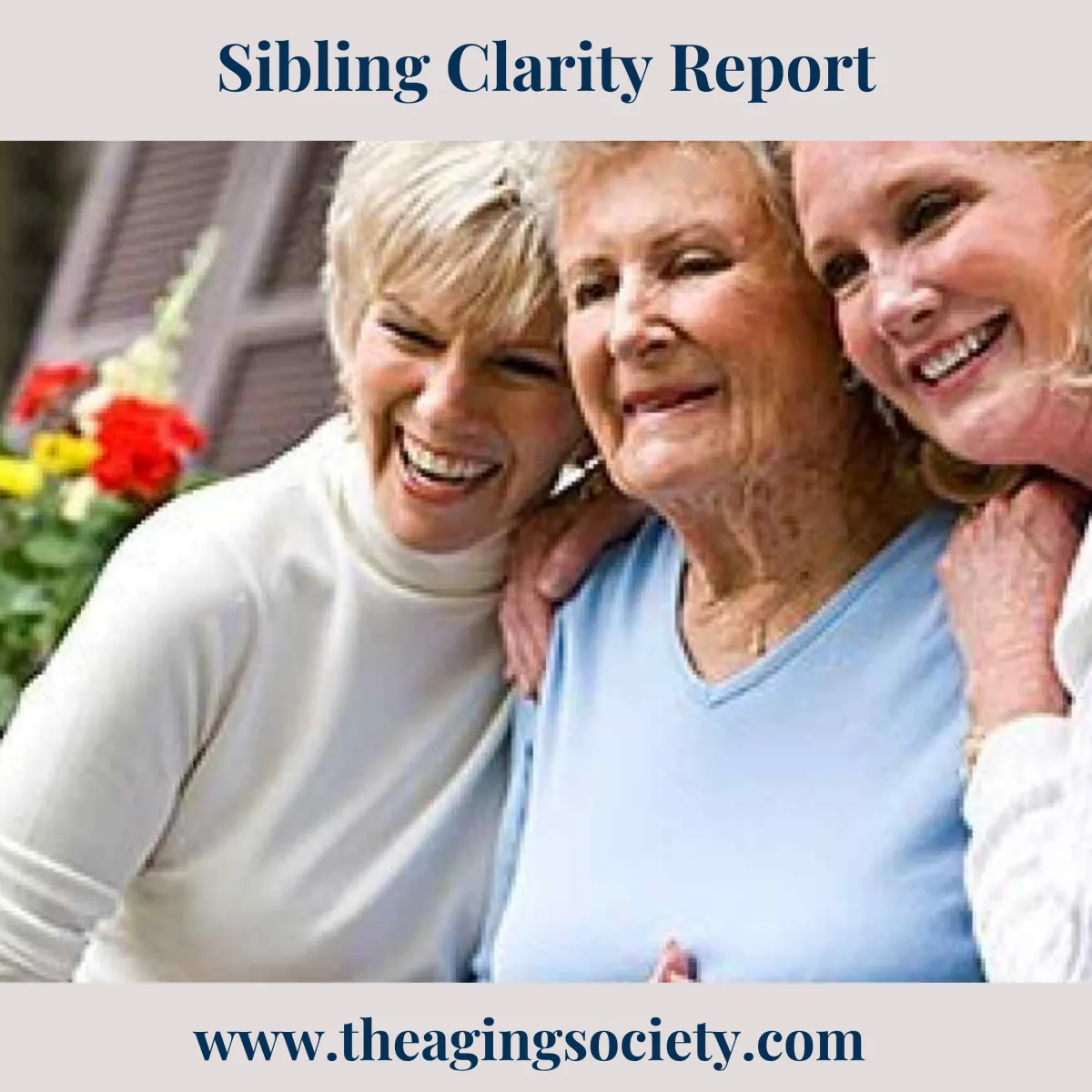
When tensions rise over who does what, this PERSONALIZED $9 report helps you reset the conversation. Get and scripts for hard moments, to move forward.
Clarity Is Just the Beginning
Once you know what’s really getting in the way, you’re ready to take the next step, whether that’s exploring care options, talking to your family, or making a plan with support.
What Comes After Clarity?
Choose Your Next Step.
You’ve taken the first, and often hardest, step: naming the real challenges.
Now, it’s time to take the next step, with support that’s truly built for you.
Each guide is personally reviewed and customized based on your responses, which means there’s a short 24-hour turnaround while I create something that actually reflects your unique situation.
Whether you’re ready to explore care options, rally your family, or have that one hard conversation, these next-step tools are intentionally crafted to help you move forward with clarity, calm, and confidence.
You’re not just getting a generic answer, you’re getting the right one.

You’ve already taken the first step; now let this Senior Living Guide walk you through the rest. Packed with insider advice, trusted resources, and easy-to-follow next steps, it’s everything you need to choose the right care with confidence and peace of mind.
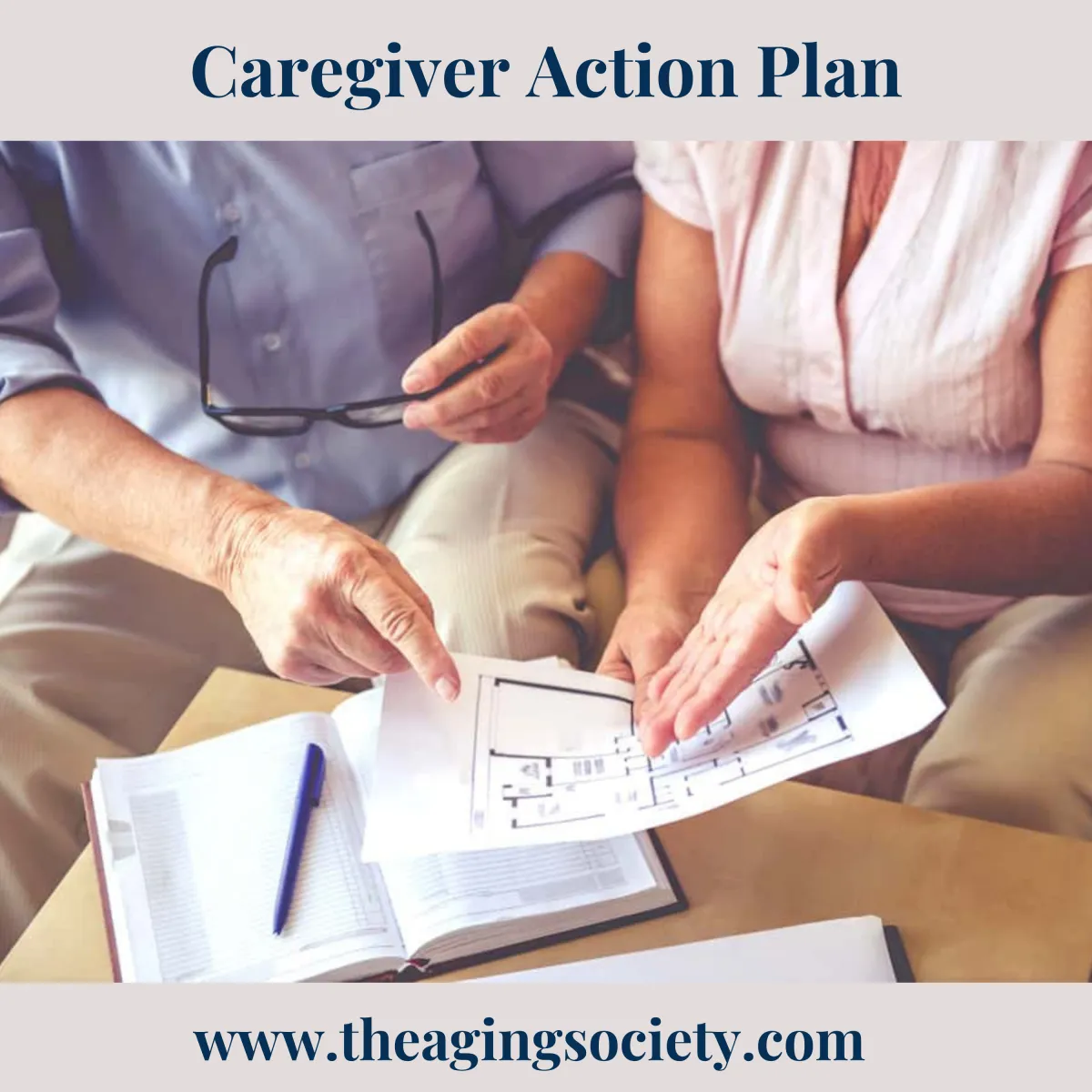
Caregiving doesn’t have to feel chaotic. With the Caregiver Action Plan, you’ll get a simple, personalized roadmap that helps you stay organized, reduce stress, and make decisions with confidence every step of the way.

Turn stressful talks into meaningful connections.
The Conversation Action Plan gives you a personalized emotional profile, an expanded set of ready-to-use scripts, and a clear strategy to help you handle tough caregiving conversations with confidence, peace, and clarity.

Turn sibling tension into teamwork. The Sibling Conversation Action Plan gives you a personalized relationship profile, a collection of extra scripts, and a step-by-step strategy to help you navigate family dynamics with clarity, confidence, and far less resentment.
If You’re Ready To Make A Care Decision,
These Practical Guides Walk You Through It.
When Talking Feels Too Hard, Start Here
Get the words, support, and clarity to make the next conversation easier, not heavier.
You’re Not Just Managing Care,
You’re Managing Emotions, Expectations, And Unspoken Fears.
If you've ever walked away from a conversation feeling misunderstood, shut down, or unsure of what to say next, you're not alone.
These resources were created for the in-between moments, the ones where you're not ready to hold a big family meeting, but you know something needs to be said.
Whether you're trying to open up a hard conversation with a parent, manage tension with a sibling, or simply find your voice in the middle of it all, you'll find tools here that offer words, wisdom, and support.
Not scripts to memorize. Just real help for real-life moments.

30 Scripts to help you talk to aging parents with more confidence and less conflict. $47

Say what matters, 30 scripts for talking with doctors, aides, and providers. $47

Share the load without starting a family fight. 30 scripts for siblings $47
All Products from the aging society
Scroll through every guide, course, and support tool I’ve created, organized in one easy-to-access space.
Whether you’re planning ahead or navigating a care decision today, you’ll find something here to support your next step.
See Our Latest Blogs
Stay up-to-date with our latest insights, tips, and trends by diving into our newest blogs. Whether you're seeking industry expertise, marketing strategies, or product inspiration, our blog section is your go-to resource for valuable content.
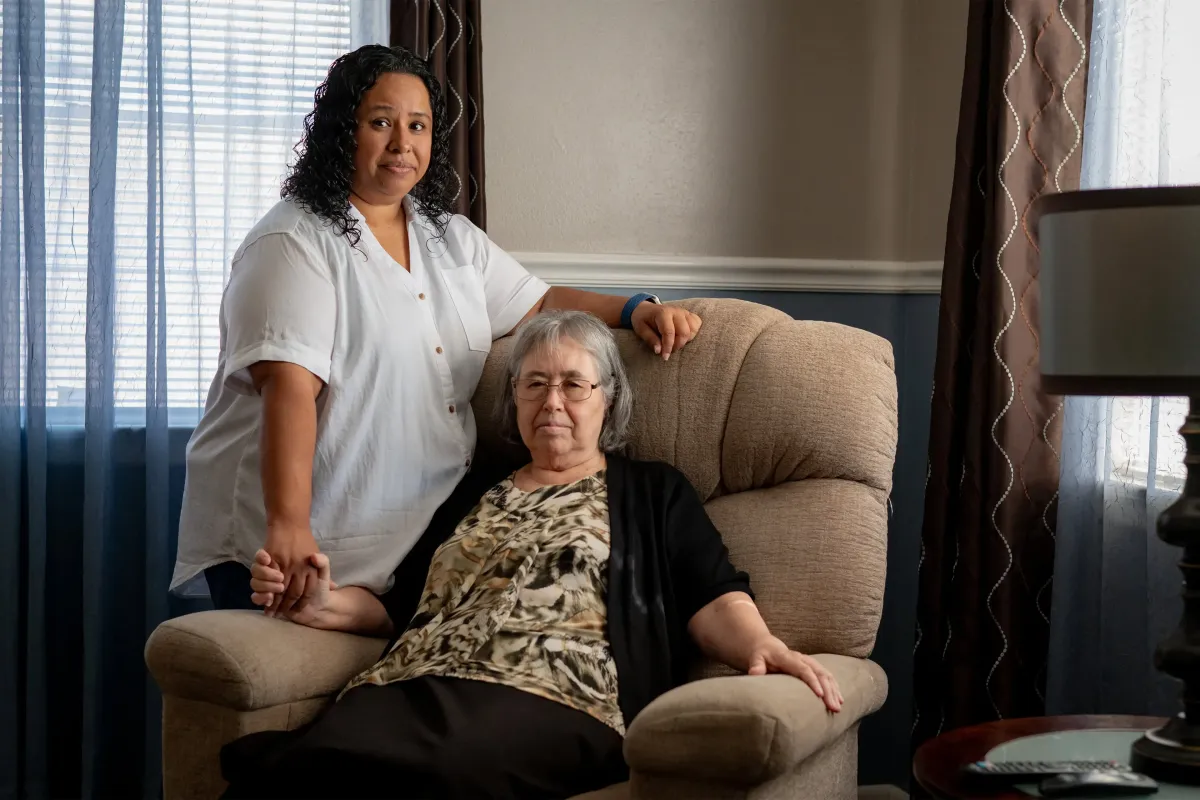
When Your Parent Refuses Help: Gentle Ways to Build Trust and Connection
💡 Caregiver Aha! Moment:
You may feel invisible, but you’re not. Not here.
When your parent refuses help, it’s not just about the task; it’s about what they’re afraid of losing.
The Moment You’ve Lived Through
You offer to help. Maybe it’s with bathing, getting to an appointment, or managing medication.
Your mom snaps back:
“I don’t need help. Stop treating me like I’m helpless.”
Your heart sinks. You were trying to care for her, and somehow it turned into conflict.
You back off, frustrated and confused. Later, guilt creeps in. You wonder if you pushed too hard or gave up too soon.
What’s Really Going On Underneath
When aging parents resist help, it’s rarely about the help itself. It’s about:
Fear of losing independence
Pride in what they can still do
Shame around needing care
Anxiety about becoming a burden
For them, accepting help can feel like admitting defeat. For you, it can feel like a door slammed shut.
Recognizing these emotions is the first step to changing the dynamic.
Why Most Conversations Go Wrong
When emotions run high, we often default to reactions that escalate tension:
Arguing with logic:
“But you need help, look what happened last time.”Taking over:
“Fine, I’ll just do it myself.”Avoiding the topic:
Waiting until a crisis forces the issue.
These responses are natural, but they unintentionally reinforce resistance.
How to Respond with Love (and Still Make Progress)
The goal isn’t to win an argument, it’s to create safety in the conversation.
Here are gentle scripts you can try the next time you hear, “I don’t need help.”
Validate First
“Mom, I know you’re capable. I’m not trying to take over, I just want to make things easier for you.”Ask Instead of Tell
“What part feels hardest about letting me help?”
(Then listen. Truly listen.)Offer Choices, Not Ultimatums
“You don’t have to let me do everything. What’s one thing you’d be okay with me helping on?”
Steps Forward
Pause before reacting. Let the tension breathe.
Validate their autonomy. Use words that honor their independence.
Start small. Agree on one area of support before pushing for more.
These small shifts build trust, and trust opens the door for bigger help later.
💬 Caregiver Quote to Remember:
“The strongest relationships aren’t built on doing everything, they’re built on doing the right things together.”
When the Conversation Still Feels Hard
If these talks leave you walking on eggshells, you’re not alone. You don’t have to figure out what to say by trial and error.
The Conversation Clarity Report gives you:
Scripts tailored to your exact situation
A guided plan to lower tension
Confidence that you’re saying the right thing at the right time
FAQs About When a Parent Refuses Help
Why does my parent get angry when I offer help?
Anger is often a mask for fear or frustration. Your parent may feel their independence is slipping away, and anger becomes a way to protect their sense of control.
How can I encourage help without pushing too hard?
Start small. Offer assistance in one area they feel comfortable with and build from there. Use language that respects their autonomy.
What if my parent’s refusal puts them at risk?
Safety comes first. If they are in immediate danger, step in as needed. For ongoing concerns, involve their doctor or a neutral third party to help guide decisions.
Should I get professional support for these conversations?
Yes, sometimes an outside perspective helps. Consider consulting a senior care planner or a family therapist who specializes in aging dynamics.
Where to Find More Support
While you’re learning to navigate this season, here are a few resources to keep in your pocket:
The Aging Society Resource Center – Free and low-cost tools for every stage of senior care.
Follow on Pinterest – Daily tips to approach senior care with clarity and calm.
💌 Want more bite-sized tips?
Sign up for Family Matters, my weekly newsletter packed with quick, practical guidance to help you feel more supported in this journey.
Recommended Product:
🎯 Amazon Pick: Weekly Pill Organizer – A simple yet empowering way for your parent to manage their medications while maintaining independence.
💡 You may feel invisible, but you’re not. Not here. Not now. Not ever.
© 2025 The Aging Society LLC. All rights reserved.
Created with care for families navigating senior care decisions.






